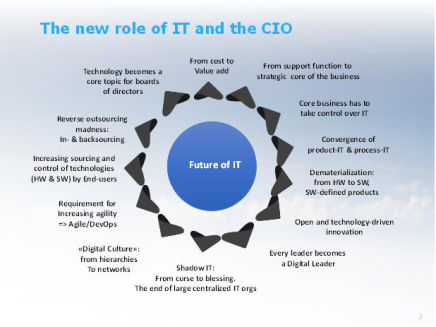The Technology Illusion: Dispelling the Myth of Digital Transformation
The rules have changed. The digital revolution has ushered in an era of unprecedented disruption, and CIOs are now the key architects of the future. This book isn’t a simple instruction manual; it’s a guide to reimagining the role of the technology leader. How do we not just survive, but thrive in this new landscape? How can technology unlock entirely new business models? This thought-provoking exploration offers fresh perspectives, challenges the status quo, and provides inspiration from companies that are leading the way. Take control of your organisation’s destiny through the power of Digital Transformation.











